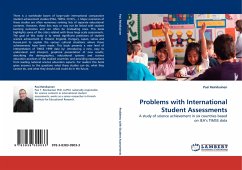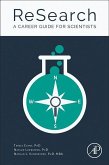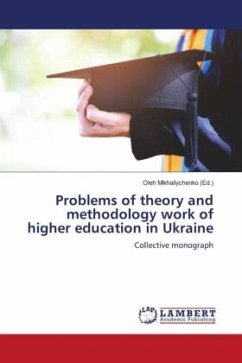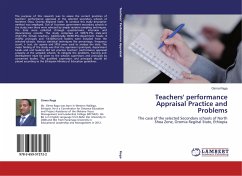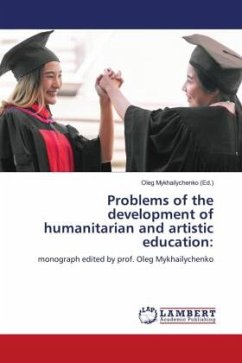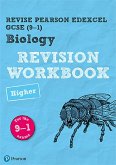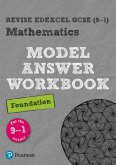There is a worldwide boom of large-scale international comparative student achievement studies (PISA, TIMSS, CIVICS,...). Major outcomes of these studies are often numerous ranking lists of separate educational contents. However, these lists may or may not be linked with student learning outcomes and can often be misleading ones. This book highlights some of the critics related with these large scale assessments. The goal of this study is to reveal significant predictors of student science achievement in Finland, England, Hungary, Japan, Latvia and Russia,and to explain the various cultural situations where those achievements have been made. This book presents a new level of interpretation of TIMSS 1999 data by: introducing a new, easy to understand and interpret, graphical presentation of new results; describing the demographics, educational systems and science education practices of the studied countries; and providing explanations from leading national science education experts. For readers this book gives answers to the questions what these studies can do, what they cannot do, and what they should and could do in the future.
Bitte wählen Sie Ihr Anliegen aus.
Rechnungen
Retourenschein anfordern
Bestellstatus
Storno

